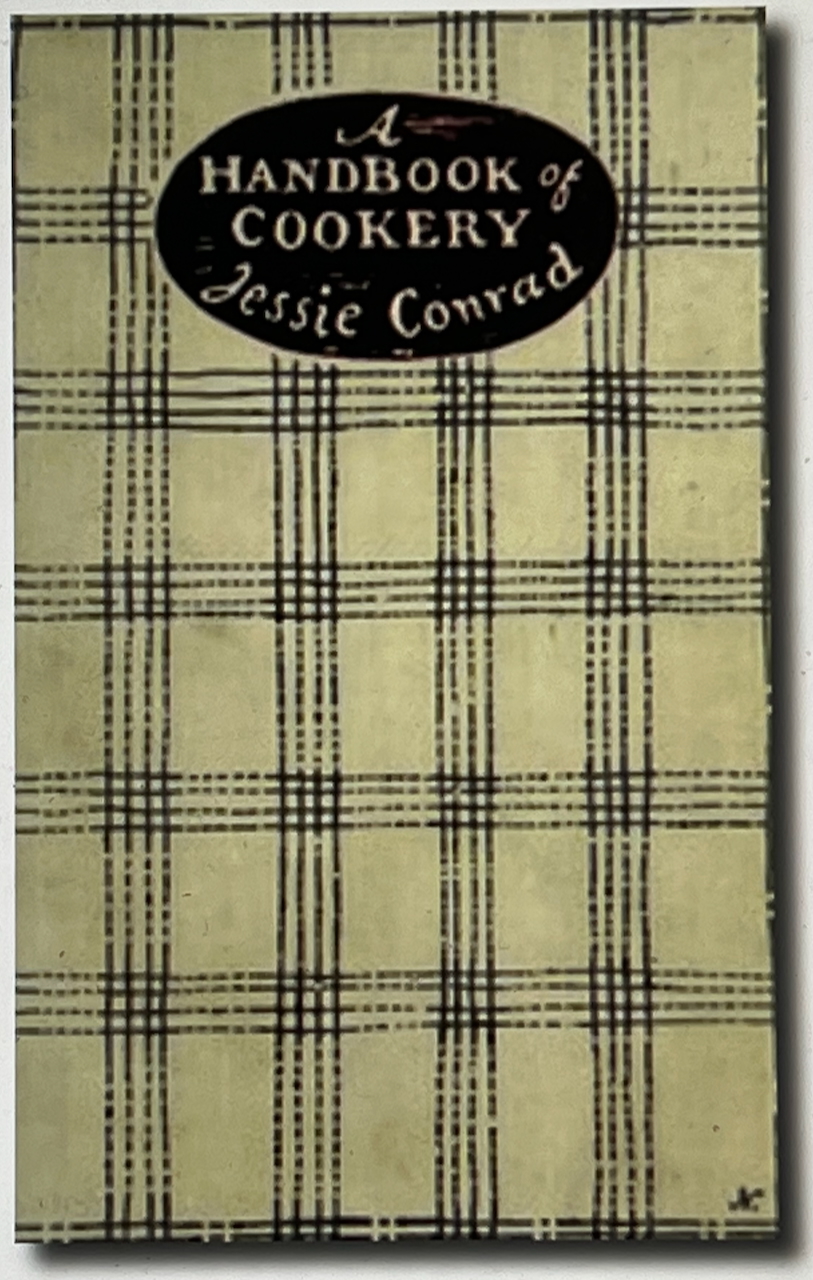A Brand Ends But the Idea Remains
July 18, 2023

I am not trying to hold back the tide they say will lift all boats, nor do I mean to impede America’s economic hegemony. But I am a very bad consumer: I no longer value owning most things, and I am averse by long bitter experience to being in debt for them. I make 80 percent of our meals from scratch, drive an eight-year-old Honda I fantasize will last the rest of my life, and sometimes still wear a Land’s End dress shirt manufactured in 1988 to Common Reader staff meetings. I figure no one man can hold down a rising tide, and anyway, corporations say they love that the stresses of the marketplace make them better. Good luck, I say.
Still, it is comforting to know that certain American brands are always out there, getting up to go to work every morning and making a living for their shareholders despite my nonparticipation—brands such as the Lincoln Town Car, which I love to rent and drive around strange cities once a decade in order to feel like an executive in an alternate universe; Sears department stores, which are fun to walk through and look at the Craftsman tools on the way to the Waldenbooks; and Pan Am, which flew my family back from Vietnam in style, with a stop in Honolulu for fuel and the Don Ho show.
News this week reported the closing of Anchor Brewing, the beer company in San Francisco that has been in business since 1896 with several owners and locations. Blame was spread around—mismanagement, outdated technology, COVID, unionization—though chiefly the finger was pointed at Sapporo, the oldest brewing company in Japan, founded in 1876, which acquired Anchor in 2017. Critics say Sapporo did not understand scheduling, processes, equipment, labor, or tradition at Anchor and promptly ruined the smaller company.
I felt a little sad at hearing Anchor was closing. Not because I was a good customer and supported the brewery, or even that I was ever a customer. I have a couple of beers a month, and Anchor was never my brand. I tried one of their Christmas ales in that time when we are often too young to appreciate things that vary from the basic. A reviewer at Beer Advocate says what I thought then: “Cloudy dark brown body with an off-white head. Spicy aroma and somehow a little soapy. Rye and juniper make this a very bitter drink, and there is the soapy note. Didn’t care for this one.”
I must have had their regular “steam” beer at some point but do not remember it at all, though I remember the sharp skunky taste of bottles of Michelob I found in a ditch as a kid, probably thrown out a car window by someone about to be stopped by the police and aged under the sun, and I have a detailed sense memory of the fizzy thin lager in a paper cup at the Milwaukee German Fest as a teen.
Steam beer, due to its yeast strain and brewing temperature, tastes like something between a lager and an ale. Though it was originally swill brewed cheaply and more easily for the working class, in the modern Anchor tradition it is delicious. I just had one. One of the last ones, unless someone buys the brewery and keeps it going. Maybe I should have done my part to keep the brewery going, but Shiner or Sam Adams is as tasty to me, and cheaper.
No, the reason I was saddened at the news is that Anchor Steam was part of my first awareness, in the 1970s, that different traditions were at work elsewhere, and that people who might know such things believed those traditions and processes and products were superior to what mainstream corporations provided on a much bigger scale. My curiosity about this as a kid led me to ask for books about food and wine as gifts, such as Michael Jackson’s World Guide to Beer, long before I could drink. I cannot remember if Jackson was the one who brought Anchor Steam to my attention, and how it sparked the craft brewing and microbrewery movement in the United States, but someone did, at the same time I started hearing names such as Alice Waters, Julia Child, and the French Laundry.
Anchor Steam, such a cool name, was one star in a little constellation in my mind that nearly led me, I feel, but for lack of opportunity and contacts, to a career in the restaurant industry. Instead, I have always done the cooking in my family, and I know a little about food and drink and their preparations in different traditions, which has provided much pleasure in my life.
Nothing lasts forever, and most things are never missed when they are gone. Anchor had and may yet have its devotees. But there is beauty in certain ideas, and part of the beauty is in how the ideas have influence even after their concrete manifestations are gone.







